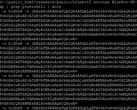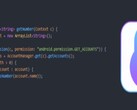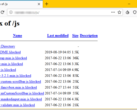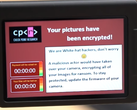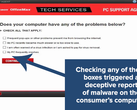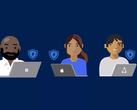The online security software firm Kaspersky has released the results of a study it claims to have conducted on student and files they downloaded for school. It has reportedly found 356,000 instances in which malicious software attempted to install itself. Of these, approximately 34% were associated with textbook downloads, whereas the rest were described as college essays.
This indicates that educational material is now one of a long line of file-types that may come with the risk of malware. Kaspersky claimed that the code it found during this study ranged from the relatively harmless (an example of which was MediaGet, a torrent downloader) to the more severe (e.g. those that led to installs of resource-hogs such as crypto-miners.
Furthermore, these college-based downloads were also linked to the risk of programs such as the Stalk worm, which can infect relevant networks and steal email contacts in order to spread further. Kaspersky had some suggestions as to how to avoid malware packaged with digital texts. They (unsurprisingly) included the use of antivirus software; using Chromebooks or MacBooks; employing discretion while choosing downloads and keeping a PC's given OS up to date.





